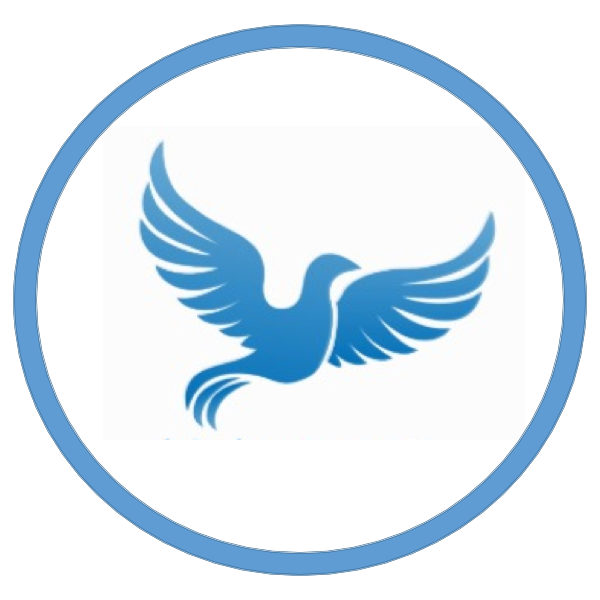Family-Directed Cognitive Adaptation Program for Individuals With Schizophrenia
Description
This is an open trial designed to evaluate the feasibility of a new family intervention. Participants will be assessed at baseline, post-intervention, and 3- and 6-months following completion of the the intervention. A total of 20 clients diagnosed with schizophrenia, schizoaffective disorder, or schizophreniform disorder and their families will be recruited from the Massachusetts General Hospital Freedom Trail Clinic and the Beth Israel Deaconess Medical Center (BIDMC) (including,the Massachusetts Mental Health Center and the BIDMC inpatient and outpatient departments). Clients and their families will participate in the Family-Directed Cognitive Adaptation (FCA) intervention, including a functional assessment, 16 single-family sessions and 6 sessions of a monthly, multiple-family group. Follow-up assessments will be conducted by a clinical evaluator (who is not directly involved in the treatment) at the end of the individual-family treatment and at about 3 and 6 months following completion of treatment on all clients and relatives on a variety of outcome measures specified below (timing of assessments may occasionally be delayed by about 1-4 weeks in order to accommodate the schedules of clients and families). Sessions will be audiotaped for use in the development of an instrument for measuring therapist fidelity to the treatment model.
Treatment Program.
The FCA program is designed to teach clients and families about neurocognitive deficits associated with schizophrenia, recommend specific compensatory strategies and positive behavioral supports for managing these deficits, and teach families to help the client to implement these strategies in order to improve adaptive living skills. The FCA program will begin with a comprehensive cognitive and functional assessment of the client and the home environment in order to identify specific functional targets for the intervention. This will include: 1) a neuropsychological assessment of attention, processing speed, memory and executive functioning; 2) an assessment of independent living skills (e.g., time management, grooming, self-care); and 3) a home assessment to identify barriers to adaptive functioning in the client's home environment. Specific measures are described below and attached in the Appendix.
Following the cognitive and functional assessments, clients and their relatives will receive 16 individual-family sessions (14 weekly sessions and 2 bi-weekly sessions-However, timing of sessions may vary a bit to accommodate schedules of participants. We will aim to complete the counseling sessions within 18-22 weeks), and 6 sessions of a monthly, multifamily group (3-4 sessions will be concurrent with individual sessions, and 2-3 sessions will serve as maintenance groups following the completion of the main, individual-family intervention). The individual sessions in the FCA program will include: 1) general psychoeducation about illness symptoms and cognitive deficits associated with schizophrenia (about 4 sessions), 2) a feedback session presenting the results of the cognitive and functional assessment, and identification of functional targets for the intervention, and 3) completion of 2-3 modules targeting specific deficits in adaptive functioning that were identified during the evaluation. Most sessions will be conducted at the clinic where the client receives psychiatric treatment, but 3-4 home visits will also be conducted to facilitate modification of the home environment and generalization of compensatory skills. Sessions will include the client and at least one family member who lives with the client. The principal investigator will serve as a clinician for this program along with a co-leader, and they will serve as members of the client's clinical team.
Data to Be Recorded (Measures).
Clients and participating relatives will be assessed by a clinical evaluator (who is not directly involved in the treatment) via structured interviews and self-report instruments at four time points, including baseline, completion of the individual-family intervention, and at about 3 and 6 months following completion of the intervention. (Timing of assessments may vary a bit to accommodate schedules of participants. Therefore, follow-up one will take place within 2 weeks after ending the 16 session program, follow-up two will take place 12-14 weeks, and follow-up three will take place between 12-14 weeks after the third follow-up.)
Client measures.
Baseline measures will include an assessment of psychiatric diagnosis (SCID, chart review, and collateral information gathered from the client's treating clinician and relatives) and general demographic information. Clients will also undergo a neuropsychological evaluation at baseline. This evaluation will consist of the MATRICS Provisional Consensus Cognitive Battery Phase II. A brief selection of measures from this battery will be repeated at the post-intervention assessment. Detailed descriptions of measures and copies of measures are included in the Appendix.
Assessments at all time points (baseline, post-intervention, 3- and 6-month follow-up) will include measures of symptoms (Brief Psychiatric Rating Scale, Scale for the Assessment of Negative Symptoms, Positive and Negative Syndrome Scale), adaptive living skills and functioning (Social Adaptive Functions Scale, Independent Living Skills Survey, Multnomah Community Ability Scale, The Independent Living and Self-Care Skills Checklist, and the Global Assessment of Functioning), behaviors related to cognitive functioning (Clinical Global Impression of Cognition in Schizophrenia, Frontal Lobe Personality Scale-Patient Version), and the degree to which the patient perceives their relatives as critical of them (Interpersonal Affectivity Scale). Furthermore, chart reviews will be conducted to record any inpatient hospitalizations that occur during the study period and number of days spent in the hospital.
Family member measures. Baseline measures will include general demographic information (age, ethnicity, level of education, etc). All assessments will include measures of negative attitudes towards the client (Patient Rejection Scale, Interpersonal Affectivity Scale), perceived burden (Burden Assessment Scale), time spent in caregiving activities and caregiving expenses (Family Resources Interview), knowledge about schizophrenia and cognitive deficits (Modified Schizophrenia Knowledge Scale), caregiving self-efficacy (Family Self-Efficacy Scale), positive aspects of caregiving (Gratifications and Benefits of Caregiving Questionnaire) and psychological distress (Beck Anxiety and Depression Scales). In addition, relatives will be asked to provide collateral information about the client's adaptive living skills (using the "Informant Version" of the Independent Living Skills Survey and the Independent Living and Self-Care Skills Checklist) and cognitive functioning (Clinical Global Impression of Cognition in Schizophrenia, Frontal Lobe Personality Scale-Family Version).
Additional measures.
Clients and relatives will complete an adapted measure of satisfaction with the program (Satisfaction Questionnaire) and will be asked to report which aspects of it they found most helpful and whether they were able to practice skills introduced. Therapist time spent delivering the intervention will be recorded on a weekly basis. Notes for each session will be recorded on a "Contact Summary" form. Interest in the program will be measured by keeping track of the number of referrals to the program compared to the number of families who participate. In addition, we will document rates of attendance.




